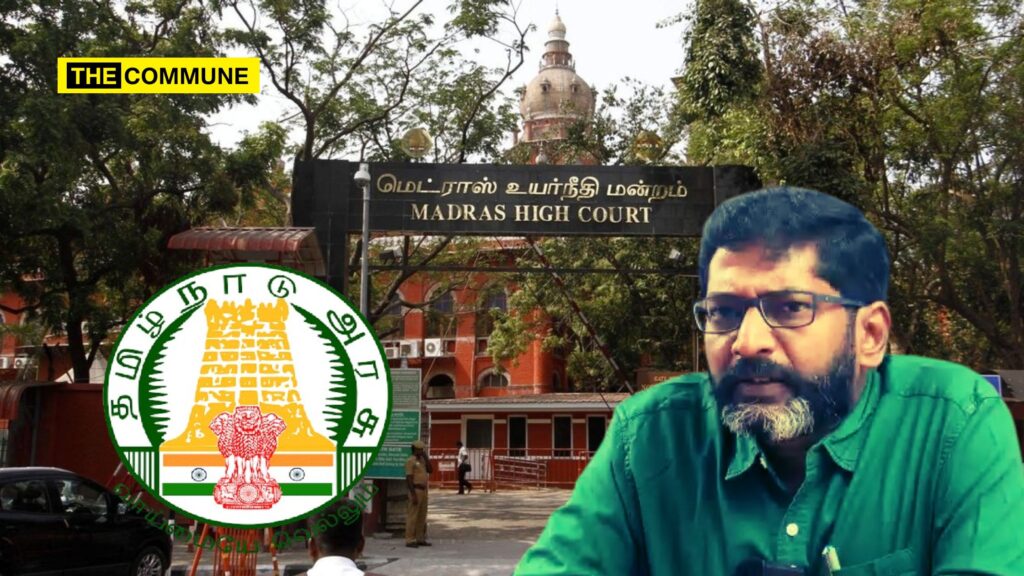On 6 August 2024, the Madras High Court scrutinised the Tamil Nadu government’s decision to detain YouTuber Savukku Shankar under the Tamil Nadu Goondas Act, questioning whether the action was selective.
Justices SM Subramaniam and V Sivagnanam noted that preventive detention is a colonial-era law that should be employed cautiously. They warned that suppressing the voices of media professionals and YouTubers could revert the country to colonial practices. The court remarked, “Preventive detention is a colonial law. Detaining power should be used sparingly. If the voices of YouTubers and media people are strangulated, we’ll return to colonial times. Media is the fourth pillar of democracy.”
The judges suggested that the state should have pursued traditional legal avenues, such as filing a defamation suit, rather than resorting to detention. They described Shankar’s detention as overly harsh and infringing on the fundamental right to free speech.
The bench also commented on the prevalence of false news and questioned whether the state was equally diligent in addressing all instances of misinformation if it justified Shankar’s detention on such grounds. Justice Subramaniam pointed out, “How many people spread false information on TV and media? Have you arrested everyone in similar cases? Is it feasible for the government to chase after everyone spreading false news? How did Shankar’s comments disrupt public order? The issue of false news is widespread. You’ve rightly filed a case; proceed with the trial and seek a conviction, but you cannot stifle freedom of speech.”
The court was considering a habeas corpus petition filed by Shankar’s mother, Kamala, challenging her son’s preventive detention. The Supreme Court recently released Shankar from detention, while Kamala’s petition is pending in the High Court.
Kamala’s attorney argued that the detention was malicious. In response, the state said police detained Shankar for making repeated derogatory statements. He was earlier jailed for contempt of court. They let him go on the condition that he stopped making such remarks, which he allegedly failed to do.
The State’s counsel insisted, “Your lordships are dealing with someone who will never cease. We have intervened.” The court questioned, “How long will you continue to intervene?”
The bench clarified that it did not condone Shankar’s alleged derogatory comments about policewomen. The state also alleged that Shankar used a forged document to accuse corruption in a tender process, which led to public protests and disruptions. The bench expressed scepticism about whether these issues justified invoking the Goondas Act.
Justice Subramaniam commented on the nature of media and debate, questioning whether political channels and televised debates are truly neutral or factual. He also noted that past contempt convictions should not influence current judgments, emphasising a fair evaluation of the case on its merits.
Justice Subramaniam praised Justice GR Swaminathan for his impartiality in handling Shankar’s case despite previously convicting him for contempt. He commended Justice Swaminathan for recognising the wrongful nature of Shankar’s detention.
As the hearing concluded, the court advised the state to concentrate on combating corruption rather than using preventive detention laws against dissenting voices. The bench cautioned that such actions could signal a return to colonial-era practices. The court has reserved its orders on the matter.
(With inputs from Live Law)
Subscribe to our channels on Telegram, WhatsApp, and Instagram and get the best stories of the day delivered to you personally.

